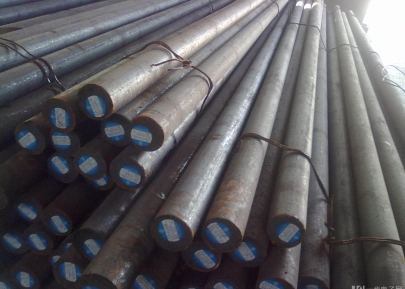Uncovering the Versatility of Copper Blocks: Essential Applications and Benefits
Copper, a fantastic material known for its numerous advantages, takes center stage in various applications across multiple industries. One form of copper that stands out due to its characteristics and versatility is the copper block. Exploring what copper blocks are and how they are used can provide insights into benefits for both industrial and personal applications.
What Are Copper Blocks?
At its core, a copper block is a solid piece made entirely from copper. This metal is primarily known for its high conductivity, malleability, and resistance to corrosion. These properties make copper blocks a go-to choice in various fields, ranging from electrical applications to automotive uses.
Key Properties of Copper
- High Electrical Conductivity: Copper efficiently conducts electricity, making it ideal for electrical components.
- Thermal Conductivity: This metal effectively transfers heat, which is crucial in heat exchangers.
- Corrosion Resistance: Copper’s natural patina protects it from degradation.
- Malleability: Easy to shape without breaking, allowing for versatile designs and applications.
Applications of Copper Blocks
Copper blocks find use in a wide range of applications. Notably, they serve critical roles in electrical systems, automotive machinery, and even in electronics fabrication. Here are some primary uses:
1. Electrical Applications
Copper blocks commonly act as copper terminal blocks. These components are essential in numerous electrical systems, providing connections and optimal conductivity. Their robustness ensures durability in demanding environments.
2. Automotive Industry
In automotive applications, larger copper blocks can be utilized in manufacturing parts with good thermal conductivity, like radiators or specific engine components. For example, using big block chevy copper head gaskets can enhance engine performance by improving heat distribution.
3. Heat Sinks
In thermal management solutions, copper blocks serve as heat sinks. They help dissipate heat from sensitive electronic components, ensuring they operate effectively without overheating.
Benefits of Using Copper Blocks
The advantages of incorporating copper blocks into designs and applications extend beyond mere functionality:
- Reliability: The durability of copper in various harsh conditions assures dependability.
- Efficiency: High thermal and electrical conductivity leads to improved performance in applications.
- Sustainability: Copper is recyclable, making it an eco-friendly choice in manufacturing.
Comparison of Copper Blocks to Other Materials
| Material | Electrical Conductivity | Thermal Conductivity | Cost | Corrosion Resistance |
|---|---|---|---|---|
| Copper | Excellent | Excellent | Moderate | Good |
| Aluminum | Good | Good | Lower | Fair |
| Steel | Fair | Poor | Lower | Poor |
Common Misconceptions About Copper Blocks
Though copper is widely used, several misconceptions prevail. Let's address a few:
Myth: Copper is Too Expensive for Most Applications
Many believe copper's price makes it unfeasible for general use. However, its durability and efficiency often translate to long-term savings.
Myth: Copper Can Rust
Copper develops a protective patina layer, which prevents rust. This makes it suitable even in moist environments.
Frequently Asked Questions (FAQ)
Q1: How can I determine if a copper block is right for my project?
A1: Consider the application requirements—what conductivity, resistance, and durability do you need?
Q2: Can copper blocks be used outdoors?
A2: Yes, copper can be used outdoors, thanks to its corrosion resistance. Just ensure it's correctly treated for extreme conditions.
Q3: How to maintain copper blocks?
A3: Regular cleaning with mild soap and water can help maintain their appearance and functionality.
Conclusion
Copper blocks showcase an incredible versatility across various applications, from electrical to automotive uses. Their unique properties make them irreplaceable for many industries. Recognizing the importance of copper blocks sheds light on their countless benefits and potential, ensuring that they continue to be a cornerstone in modern technology.



